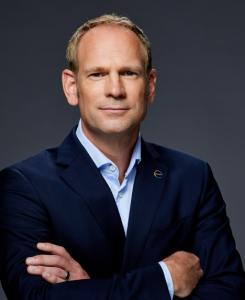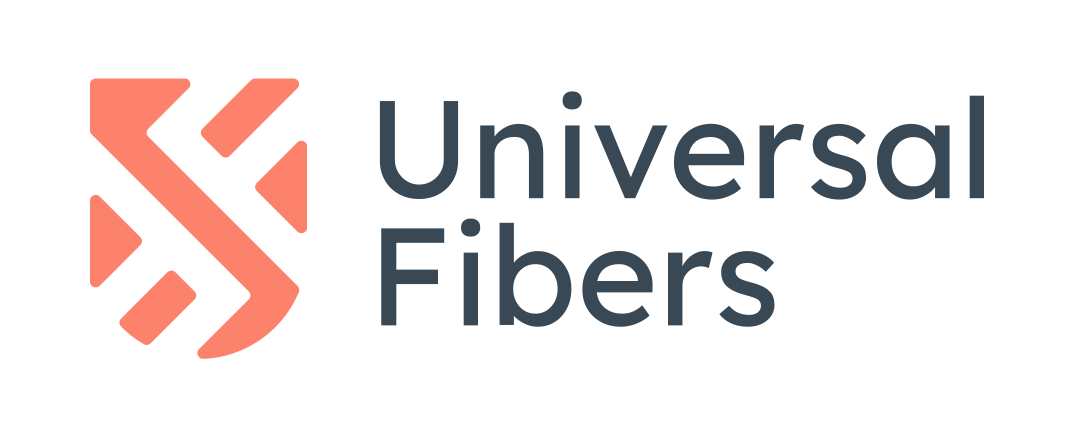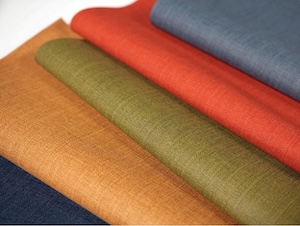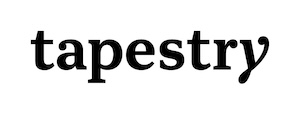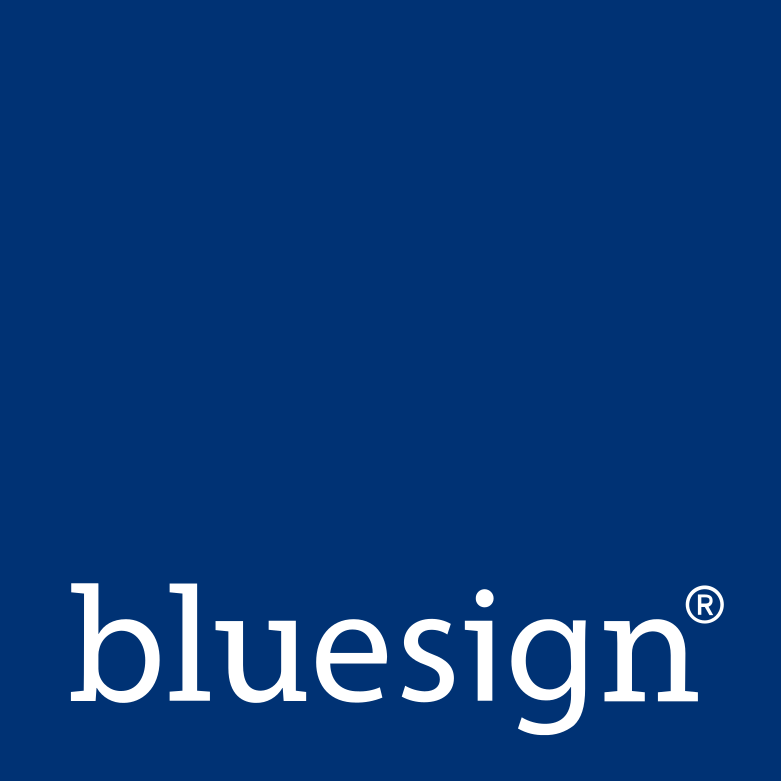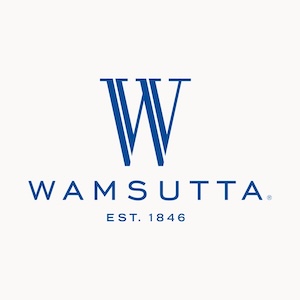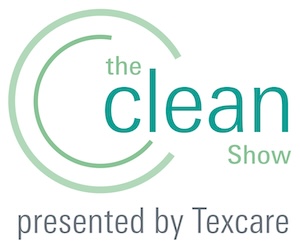 ATLANTA — July 14, 2025 — The Clean Show 2025 returns bigger than 2022 with more than 380 exhibitors, global participation from 18 countries, and a new Innovation Awards program — all set to take place in Orlando, Fla. The show floor will feature live equipment demonstrations and expert-led education, making it the must-attend event for textile care professionals.
ATLANTA — July 14, 2025 — The Clean Show 2025 returns bigger than 2022 with more than 380 exhibitors, global participation from 18 countries, and a new Innovation Awards program — all set to take place in Orlando, Fla. The show floor will feature live equipment demonstrations and expert-led education, making it the must-attend event for textile care professionals.
The Clean Show, North America’s largest event for the laundering, drycleaning, and textile care industry, is returning in 2025 with more momentum than ever before. Doors will open August 23-26 at the Orange County Convention Center in Orlando. The upcoming edition will feature more than 380 exhibitors, 32 first-time participants, and representation from more than 18 countries, solidifying its role as the leading international gathering for the textile care community.
“The growth of The Clean Show reflects the vitality of the industry and the value this event delivers,” said Greg Jira, Group Show director, Messe Frankfurt Inc. “With more exhibitors, more global participation, and more education than ever before, we’re proud to offer a platform that brings every segment of the industry together to discover what’s next.”
Known for its live, fully functional equipment demonstrations, The Clean Show offers attendees a unique opportunity to see machines in action, compare suppliers, and make informed purchasing decisions on-site. Watch cutting-edge washers, presses, and finishers in action as exhibitors highlight energy efficiency gains, water-saving technologies, and new materials-handling solutions. These interactive, in-booth demos not only illustrate product benefits in real-world scenarios but also enable direct Q&A with manufacturers, allowing visitors to better evaluate solutions for their facilities.
“There’s no other event where you can see such a wide range of equipment operating live,” said Vince Hansen, president/CEO from Vend-Rite, a longtime exhibitor. “The Clean Show is where we connect with new customers, strengthen old business relationships, launch our newest systems, and get real-time feedback from the professionals who use our equipment every day.”
As always, this edition will showcase an extensive range of solutions across 13 product categories, covering every facet of the textile care, laundry, and dry-cleaning industry. From textile washing and finishing to spotting and solvent cleaning, flooring and upholstery equipment, and intelligent water and energy-saving systems, the show provides a comprehensive hub for professionals sourcing equipment, chemicals, services, and IT solutions. Featuring categories like logistics and material flow, IT systems, PPE and operational materials, and consulting and training services, the show caters to the full lifecycle of textile care — from research and development to final delivery.
“The Clean Show is the best opportunity in the laundry industry to meet and understand the needs of new and existing customers and introduce them first hand to cost saving solutions they may not have found on their own,” stated Tim Davis, Davis Packaging.
Features on the Floor
New in 2025, The Clean Show will debut the Innovation Awards program, highlighting the most groundbreaking products and equipment driving the future of textile care. These awards will help attendees identify standout solutions in a crowded market of emerging technologies and operational tools.
The Steam Area returns spotlighting the essential role of steam and energy systems in modern textile care operations. This dedicated area will feature leading providers showcasing a wide range of equipment in action, with live demonstrations of pressing stations, steam generators, finishing equipment, and more. Attendees can see firsthand how modern steam-powered systems enhance garment quality, improve workflow efficiency, and reduce energy consumption. This is a must-visit for professionals looking to upgrade or expand their operations with high-performance equipment and products.
Both on and beyond the show floor, attendees can take advantage of expert-led education sessions presented by the industry’s leading associations — including ALM, CLA, DLI, and TRSA — offering insights into trends, challenges, and strategies relevant to today’s operators and business owners. For another opportunity to connect with these associations, the Partner Pavilion is set as a focal point on the exhibit floor.
The Clean Show 2025 will welcome thousands of professionals from commercial laundries, drycleaners, hospitality, healthcare, institutions, and beyond. Visitors interested in registering for the event, may do so on the official website and are encouraged to register in advance to minimize wait times on-site for their badge and avoid the increased admission fees onsite.
Additional information on the show, educational sessions, and any of the association-driven receptions, can be found on the official website: https://the-clean-show.us.messefrankfurt.com/us/en.html
Posted: July 14, 2025
Source: Messe Frankfurt Inc.
 RICHMOND, Va. — July15, 2025 — Cupron Performance Additives announced the launch of Cupron Clear™ — a new liquid microbial copper platform. Cupron Clear is a transparent, stable, and highly efficacious liquid form of copper, designed for broad use across polymers and liquids. This new breakthrough delivers unmatched microbial control while exceeding modern standards for sustainability, economics and safety.
RICHMOND, Va. — July15, 2025 — Cupron Performance Additives announced the launch of Cupron Clear™ — a new liquid microbial copper platform. Cupron Clear is a transparent, stable, and highly efficacious liquid form of copper, designed for broad use across polymers and liquids. This new breakthrough delivers unmatched microbial control while exceeding modern standards for sustainability, economics and safety.

